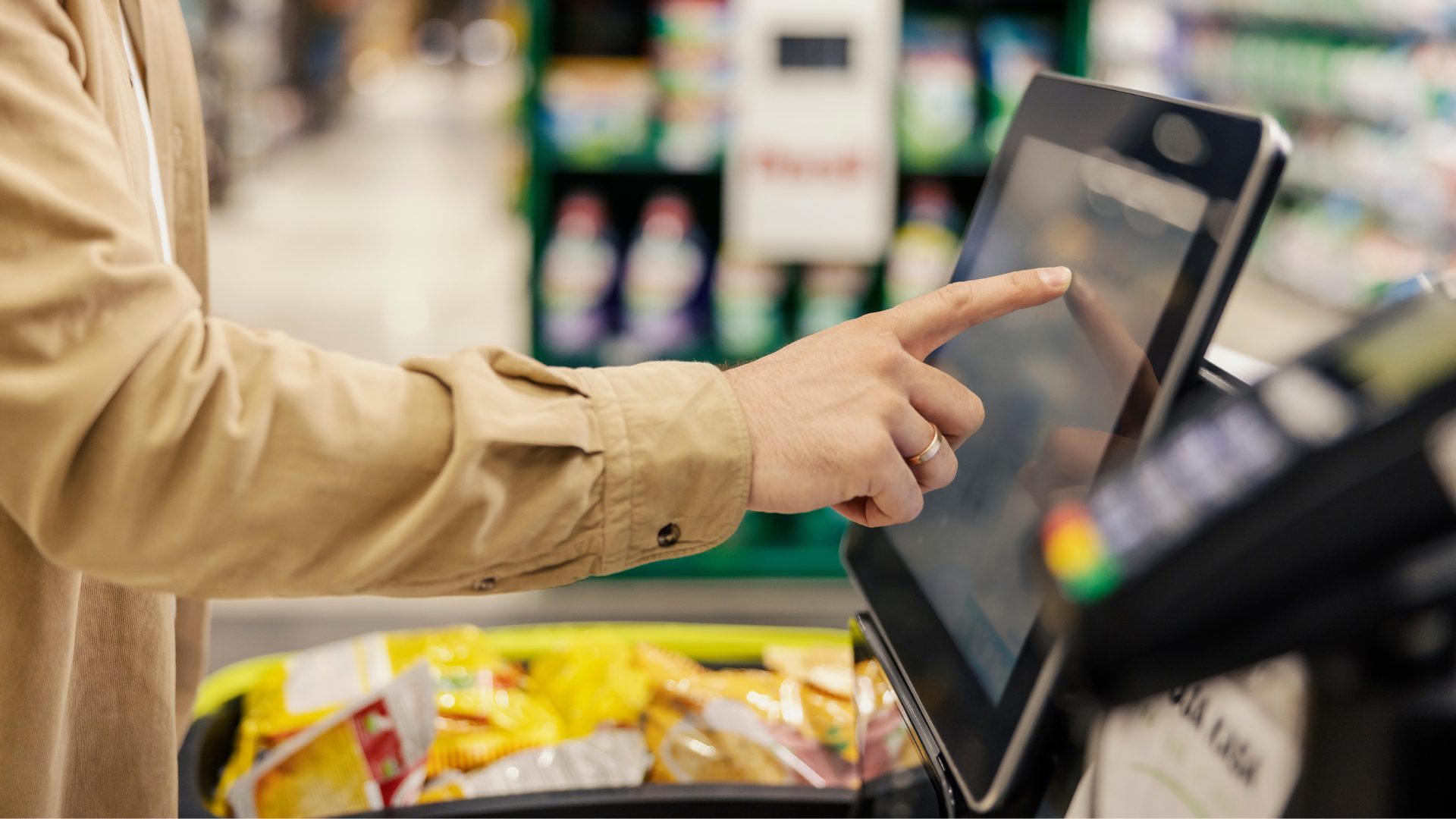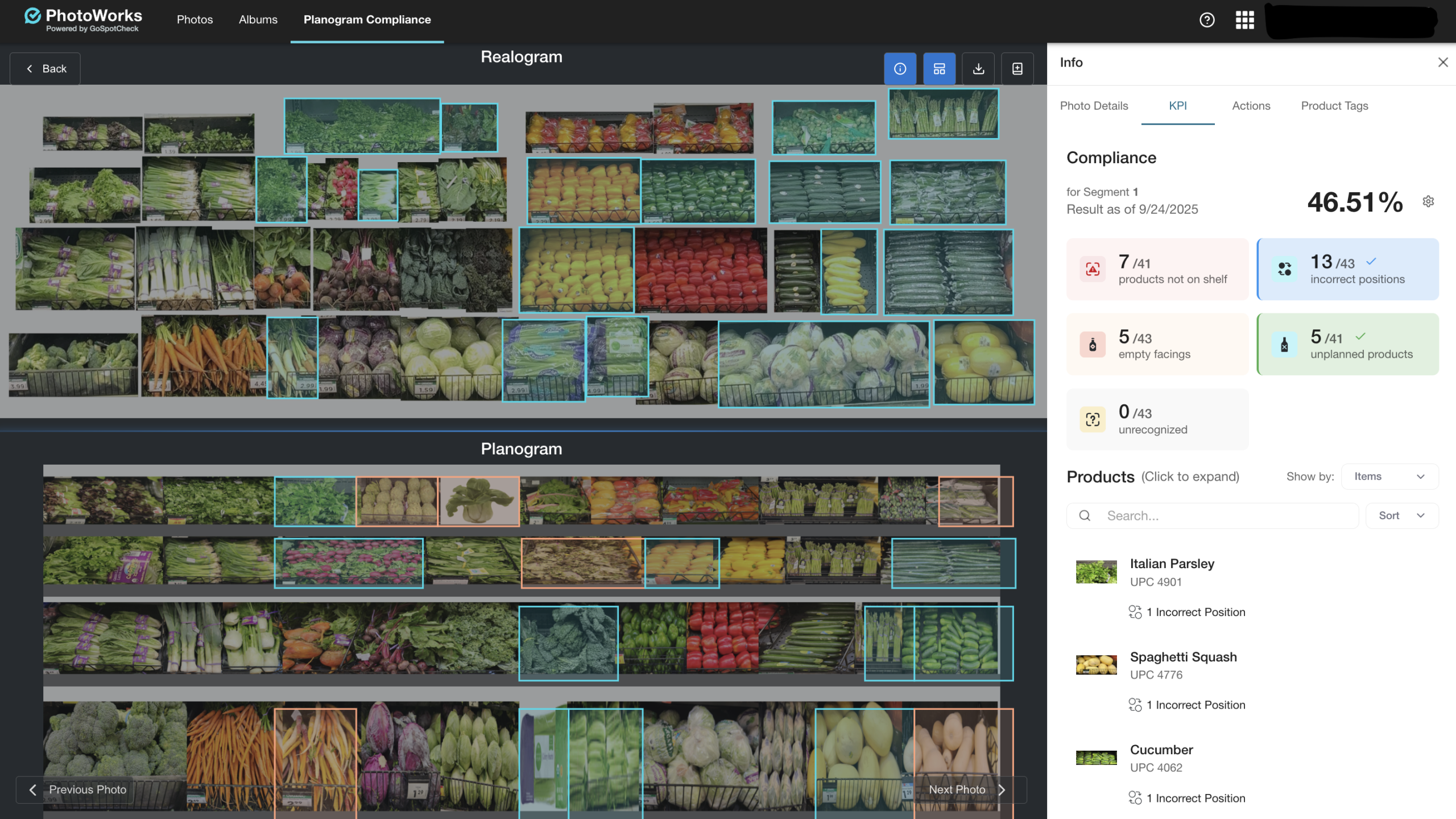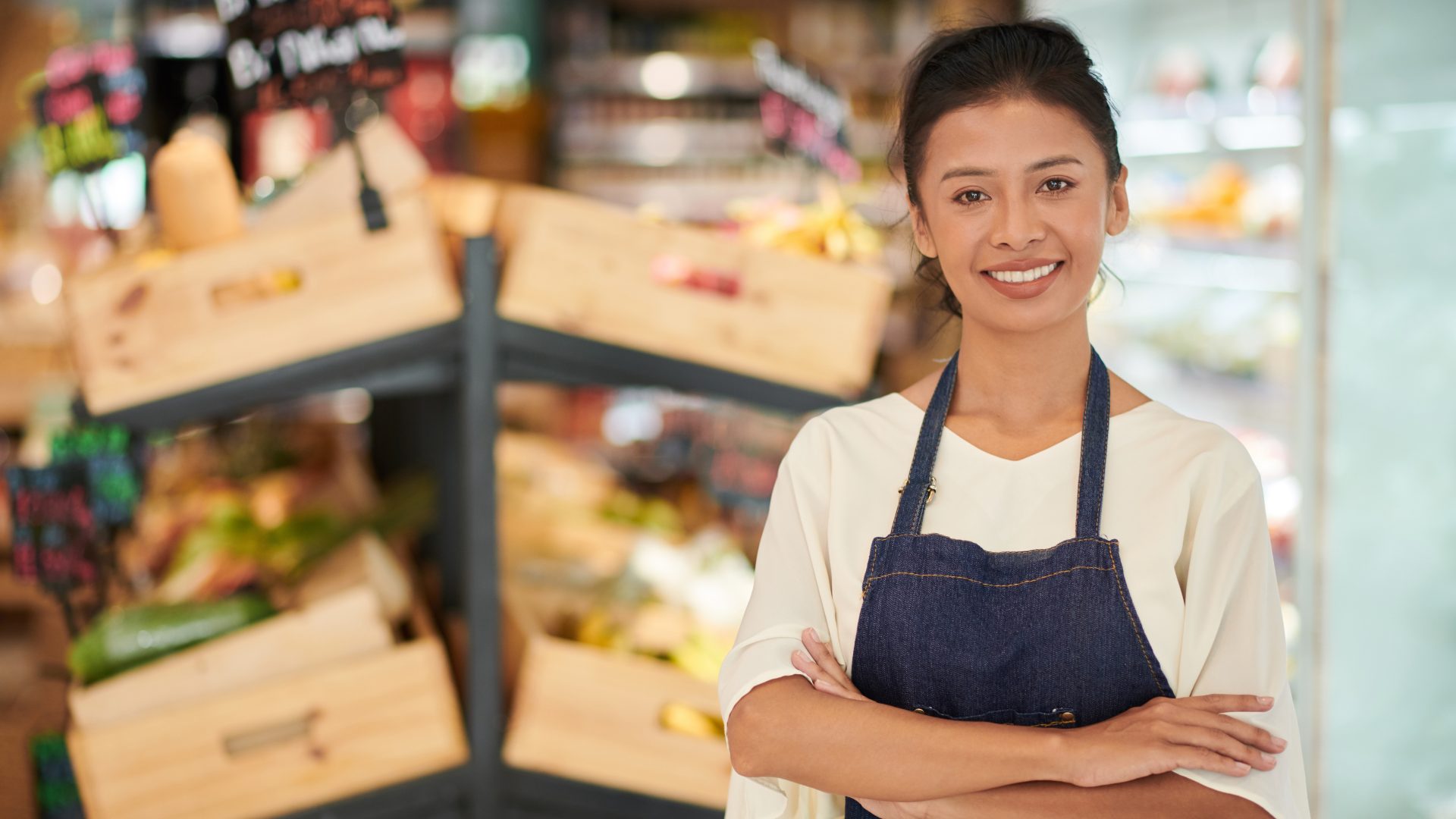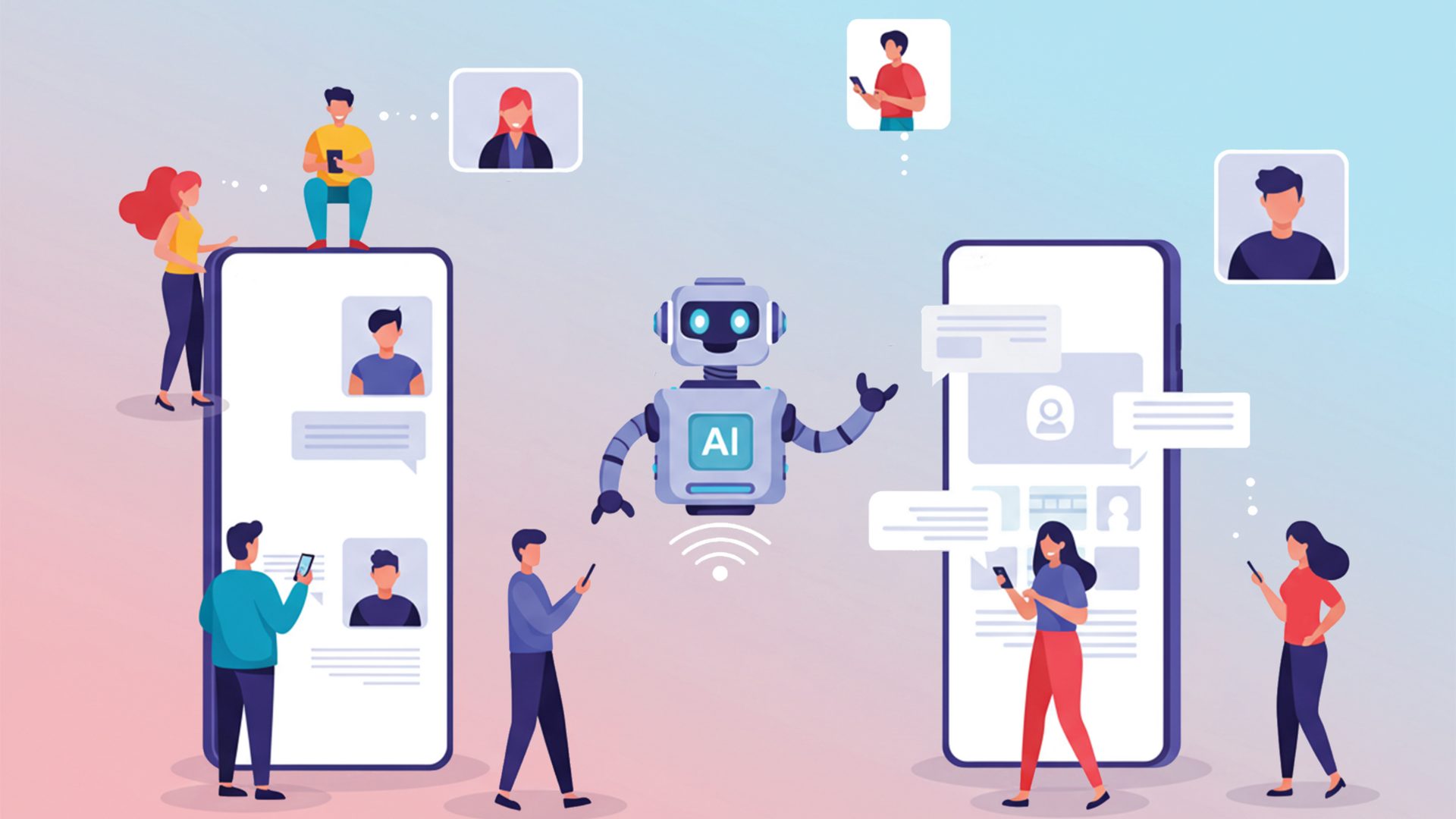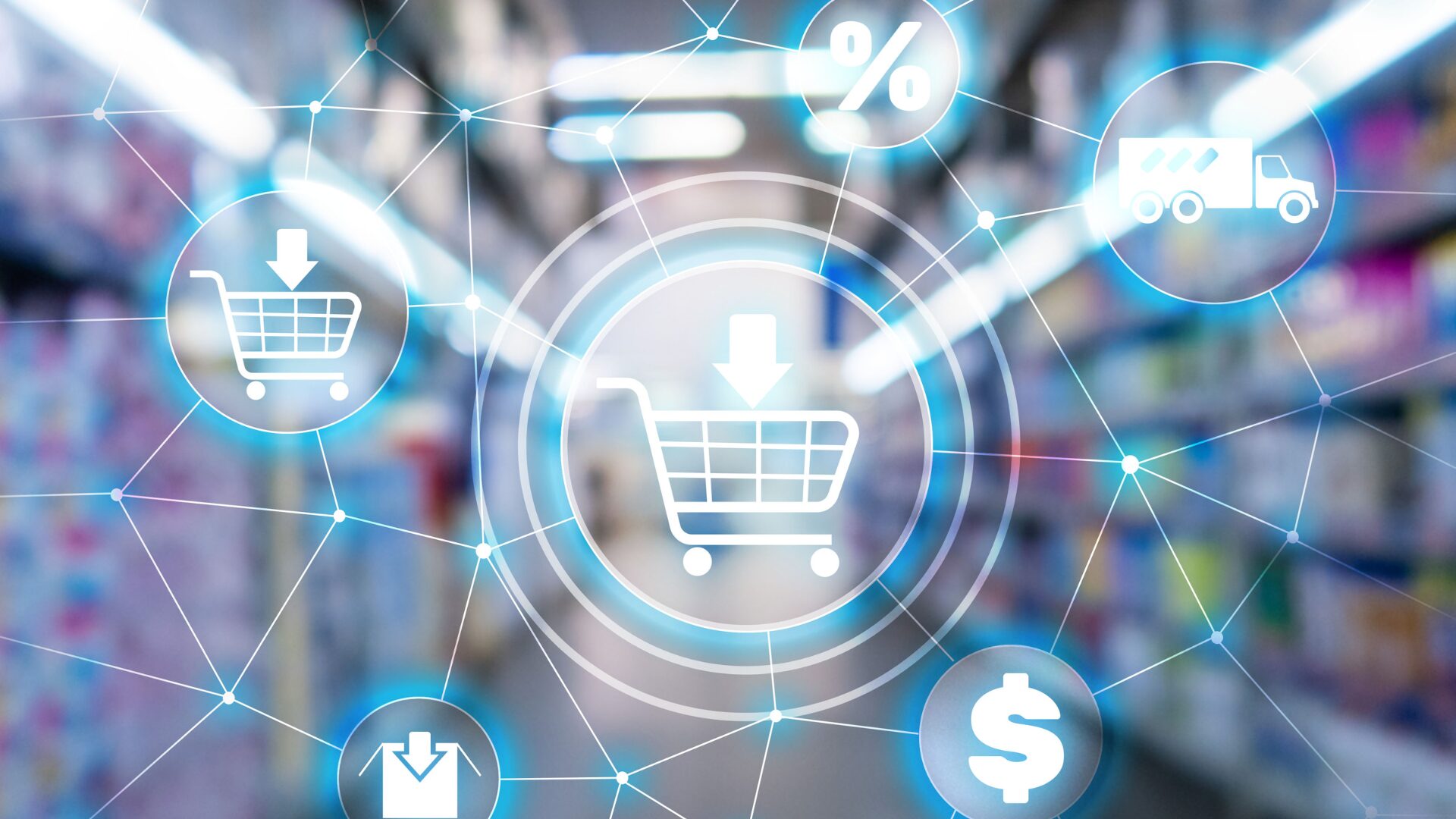It sounded like a great idea for reducing payroll: install self-checkout kiosks and let customers scan and bag their own merchandise.
Aldi did it. So did Walmart, Target, Home Depot, Albertson’s and myriad other supermarkets and big box stores. But the reality is retailers need to keep a cashier on hand to troubleshoot, check age for alcohol purchases and try to keep shrinkage to a minimum.
“In general, self-checkouts today are customer-facing point-of-sale (POS) systems. They are essentially POS systems with a reduced feature set compared to a more traditional, associate-facing POS,” Michael Jaszczyk, CEO of GK Software USA, told The Food Institute.
“A new generation of self-checkouts must be developed that are specifically designed for the customer and aren’t simply stripped-down POS systems.”
Aldi has decided to scale back its system, Axios reported.
“We continually test and refine our in-store technologies and checkout options to better address customer needs and enhance operational efficiency,” the company told Axios in a statement.
“As part of this process, we have adjusted checkout formats in select locations to ensure we’re offering the best shopping experience possible while delivering exceptional value. Self-checkout will remain available at many ALDI stores and our approach is designed to evolve with customer feedback and new opportunities to innovate.”
Dollar General, Five Below, Walmart, Target, Amazon and Booths also have eliminated or scaled back their systems, citing shrinkage, slow and unreliable technology, and customer complaints.
Retail Reality Check
Bob Vergidis, trend forecaster and founder of pointofsale.cloud, told FI many customers prefer self-checkout as a means of evading long lines, especially if they have only a few items. He said artificial intelligence could help resolve problems plaguing current systems.
“It’s easy for consumers to scan organic bananas as non-organic. The self-checkout at grocery stores is missing the mark because it still requires the customer to press buttons. AI and machine vision hold the promise to remove that, and, thus make the process easier for the customer while offering more control for the business,” Vergidis said.
“Imagine you go to a grocery store and you just have to take your items and place them under a camera, similar to how you weigh them currently, and then the system identifies them and charges you for the correct prices.”
Rory Bokser, an internet of things specialist and head of product at Moken.io, said the technology isn’t to blame for problems. Rather, it’s “the assumption that self-checkout works everywhere at scale regardless of store format, consumer base or SKU profile. Aldi runs on speed, volume and low overhead, so making customers babysit a screen while scanning 25 items of produce is insane.
“Worse, it turns customers into unpaid labor. In fact, the economics only work if your checkout throughput beats traditional cashier speed.”
The Food Institute Podcast
How will the One Big Beautiful Bill Act (OBBBA) impact your food business? Unraveling the implications of new legislation is never easy, but Patrick O’Reilly and Jeff Pera of CBIZ explain how provisions of the bill related to no tax on tips, depreciation and expensing of capital purchases, and research and development will impact the industry.


